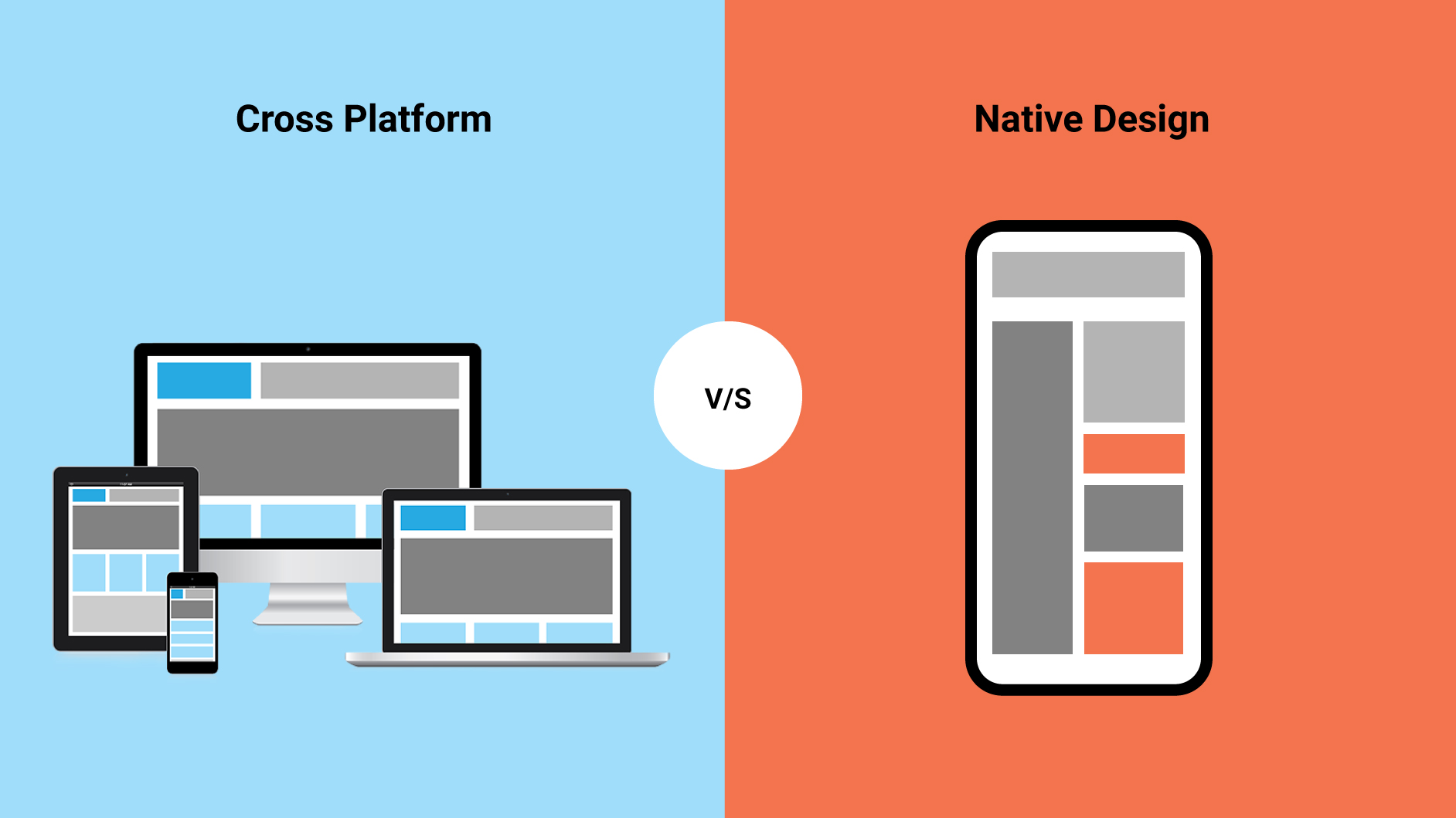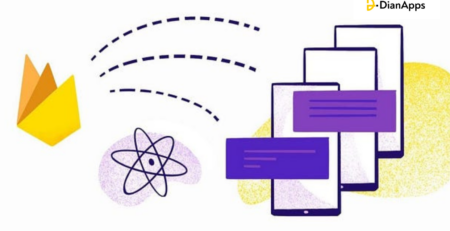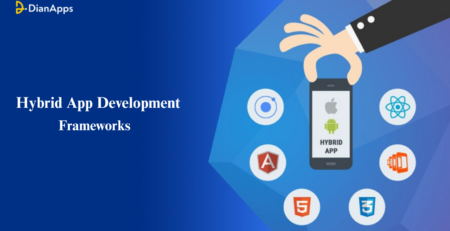Cross-platform vs Native Mobile App Development: Choosing the Right Development Tools
There are over 14 billion mobile phone users worldwide. Ergo, Mobile phones have become the best way to target your niche audience of all kinds around the globe. The best way to utilize the marketing capacity of the mobile phone is through mobile applications that are available on both AppStore and google play.
Choosing a platform to build your mobile application is not as easy as it was a few years ago. One of the most vital decisions that the creator of the application needs to make is the platform on which the application will be developed: whether it will be a native or a cross-platform mobile application.
The reason why mobile applications have become so significant is because of E-commerce. It has changed the traditional way of marketing and has made companies turn to app developers to help manage their business and have direct client communication. It is better to opt for an expert while building your application. One of the best teams of professionals in this field is React Native App Development Company. They will guide you through the whole process of application development and give you the best results possible.
Choosing any one of these platforms has a permanent long-term effect on the application that you are creating. In this article, we will talk about which platform is the best for your application and the pros and cons of each of them.
Before we jump on to the pros and cons of each of these platforms, let us first understand what exactly does native and cross-platform mean.
Q1. What are Mobile application platforms? Why are they so important to launch your app?
Mobile platforms are very important while launching an application. It allows you to decide what audience you are targeting and what will be the reach of your application.
There are two most popular mobile software platforms in the world, namely iOS and Android. Currently android takes up more market share than iOS, except in the US where iOS takes up 56% market share compared to Android at 43.5%.
Therefore, choosing your market becomes vital as it helps you decide your target region. For example, if you are going to have an application launch for the USA, then it is highly recommended to give more importance to the iOS mobile platform as it has way more reach than android in the USA.
There are two types of platform developers –
- Native platform development
- Cross-platform development
Q2. What is Native platform application development?
The native platform is exactly what its name suggests. It is building a mobile application that is exclusively for one single platform that is chosen by the developer. The application will then be built with programming languages that will be specific to that single platform.
For instance, if the flutter app developer decides to launch his/her application on one single platform for example iOS, then the programming language that will be used will be Swift or Objective-C, whereas if the same application is to be launched only for androids, then programming languages like Java or Kotlin will be used.

Native applications always deliver better performance because they are specifically designed only for one platform. This also helps enhance the user experience as the usability, performance, and visuals get tailored to the chosen platform.
However, native application developers can be very high in cost as they have to make the specific application to run on all the platforms.
Pros of Native Platform Application Development-
1. No limits
Using a Native platform application development gives the developer access to every tool and API available. This helps the programmer be way more creative and innovative while developing the app.
2. Higher Ranking
Apps that are made on native platforms are very high-performance apps and have good efficiency and speed. This makes them easier to use and higher in ranking among other applications in the platform chosen
3. Better Scalability
Applications that are built-in native environment can be easily scalable and flexible in an array of tools and resource management.
4. High Performance
The users are more satisfied with the application when it is created on a native platform because it increases performance.
Cons of Native platform application development –
1. Expensive
Building a native application means that you will have to hire two teams of developers that will work on both the platforms i.e iOS and Android. This makes it more expensive.
2. Time-consuming
Working on the same application two different times makes the whole process very time-consuming.
React Native app development has the potential to offer a lot more than what’s mentioned in the advantages list. Still intrigued in knowing more about the programming language? Know Why you should choose react native for your next project.
Q3. What is Cross-platform application development?
It is pretty easy to understand the difference between native and cross-platform application developers. Cross-platform applications are designed to work on several different platforms and technology concurrently. This is achieved by using programming tools like Xamarin, Flutter, and react-native. Using these platforms make the application easily usable on both Android as well as iOS.
However, this type of application is not as effective as the native application development platform because it is not specific to any one software application. This sacrifices the quality of the application at times and lowers performance.

Even after these cons, a startup should go for a cross-platform application because it helps reduce cost and time.
Pros of Cross-platform application development –
1. Less Costly
Fewer resources are deployed in the development of cross-platform applications. Instead of hiring two teams, you will only need one team to do your task. That will not only save development cost but time as well.
2. The pace of developing is faster
Only one type of programming language and development cycle is needed to create such an app running on many platforms.
3. Single code needed
Only one code and programming is needed as the app will be a single cross-platform development tool.
Cons of cross-platform app development –
1. Low performance
As the application is not tailored to the needs of every single software application, it tends to be low in performance.
2. Slower app
Making an application on a cross-platform leads to the abstraction of layers which renders the cross-platform application relatively slower.
3. Limited functions
It is difficult to use various smartphone functions like microphone, geolocation and camera when using cross-platform applications.
Q4. What should you consider when you build an application when choosing between native and cross-platform application?
There are a few things that you should keep in mind when you are choosing a platform.
1. UI/UX
UI (user interface) and UX (user experience) is important for customer satisfaction. When using a native platform, the developers have more tools and components in their hands. Using cross-platform limits the UI/UX component.
2. Development time
If you want your application to be more efficient than you will have to deploy more time in building that application as you will have to choose a native application platform. Whereas, when choosing a cross-platform system you will get your application made rather quickly.
3. Complex application
If you are building an application that requires access to APIs like Bluetooth then you will have to choose a native platform otherwise cross-platform can be a good choice if the application is a basic one.
4. Cost
Native applications are way more expensive. If you choose to go for a cross-platform application then you will save around 30-40% of the cost on one code for the platform.
Your decision will have a huge impact on the performance of your application and its usability. Therefore, consider all these points before you plan to choose the right react development service or cross-platform company for your business.





Comment (1)
[…] Cross-platform application development is a process where a single codebase is built for an application that is then deployed on multiple platforms. Meaning, that developers have to write 1 codebase for an application that would run on Apple, Android, and Microsoft. […]